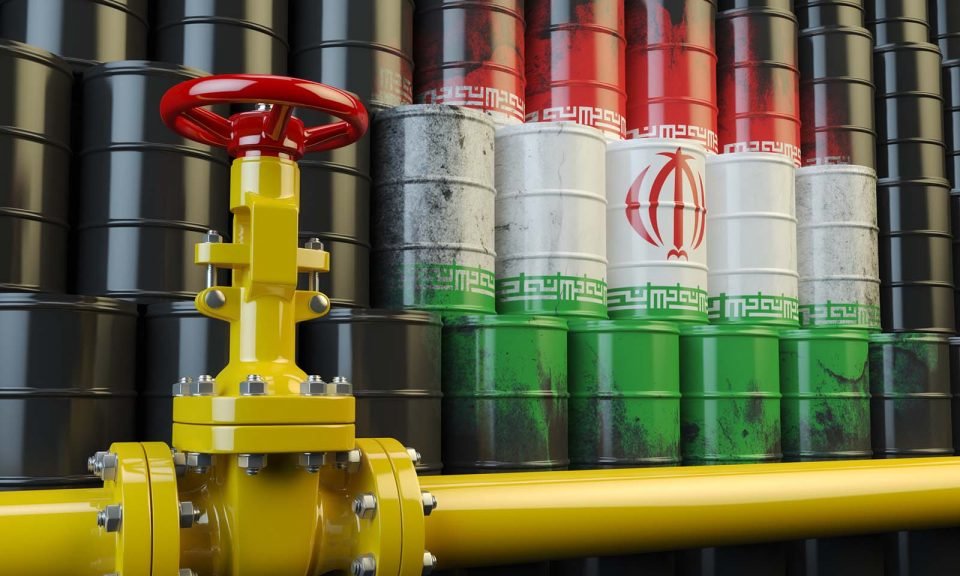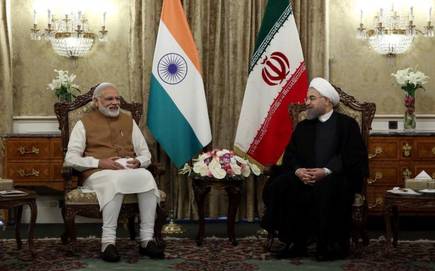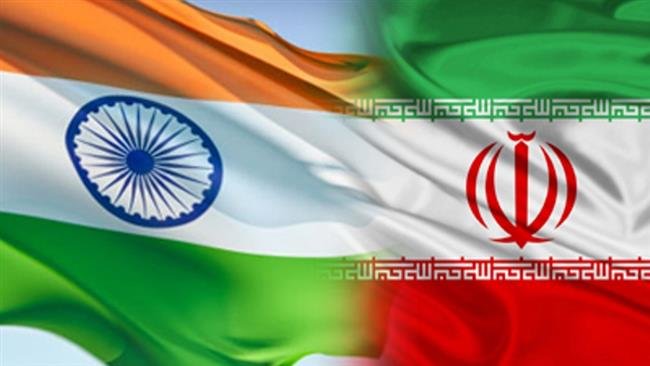
Oil refiners such as state-owned Indian Oil Corp (IOC) and Mangalore Refinery and Petrochemicals Ltd (MRPL) could use UCO Bank Bank to route oil payments to Iran.
India’s state-owned UCO Bank is expected to announce the payment mechanism in the next 10 days
New Delhi:
India will import crude oil from Iran using a rupee-based payment mechanism, an industry source told media persons on Thursday, adding that 50 percent of those payments will be used for exporting items to Tehran.
The United States last month re-imposed sanctions on Iran’s oil exports to punish Tehran for its involvement in several Middle Eastern conflicts.
Accordingly, India has signed an agreement with Iran to pay for crude oil it imports from the Persian Gulf nation in rupees, sources in know of the development said.

The memorandum of understanding (MoU) was signed following the US letting India and seven other nations to keep buying Iranian oil despite sanctions were reimposed on the Islamic state on 5 November.
Sources said Indian refiners will make rupee payments in a UCO Bank account of the National Iranian Oil Co (NIOC).
Half of these funds would be earmarked for settling payments for exports of Indian goods to Iran, they said.
Under the 180-day exemption, India is allowed to import a maximum of 300,000 barrels a day of crude oil. This compares to an average daily import of about 560,000 barrels this year.
India, which is the second biggest purchaser of Iranian oil after China, has since then restricted its monthly purchase to 1.25 million tonne or 15 million tonne in a year (300,000 barrels per day), down from 22.6 million tonne (452,000 barrels per day) bought in 2017-18 financial year, sources said.
Two of its refiners — Indian Oil Corp (IOC) and Mangalore Refinery and Petrochemicals Ltd (MRPL) — bought 1.25 million tonne of oil from Iran in November and December.
US President Donald Trump in May withdrew from the 2015 nuclear accord with Iran, re-imposing economic sanctions on the Persian Gulf nation. Some sanctions took effect from 6 August, while those affecting the oil and banking sectors will start from 5 November.

Prior to this, India paid its third largest oil supplier in euros using European banking channels. These channels got blocked from November.
During the first round of sanctions when EU joined the US in imposing financial restrictions, India initially used a Turkish bank to pay Iran for the oil it bought. Beginning February 2013, India paid 45 percent of the oil import bill in rupees while keeping the remainder pending till the opening of payment routes. It began clearing the dues in 2015 when the restrictions were eased.
Sources said New Delhi may export goods, including wheat, soybean meal and consumer products, to Iran during the exemption period.
Iran was the India’s second biggest supplier of crude oil after Saudi Arabia till 2010-11 but Western sanctions over the Persian Gulf nation’s suspected nuclear programme relegated it to the seventh spot in the subsequent years. In 2013-14 and 2014-15, India bought 11 million tonne and 10.95 million tonne crude, respectively from Iran.
Sourcing from Iran increased to 12.7 million tonne in 2015-16, giving it the sixth spot. In the following year, the Iranian supplies jumped to 27.2 million tonne to catapult it to the third spot.
Iranian oil is a lucrative buy for refiners as the Persian Gulf nation provides 60 days of credit for purchases, terms not available from suppliers of substitute crude — Saudi Arabia, Kuwait, Iraq, Nigeria and the US.
Besides blocking of banking channels from November, shipping firms are unwilling to transport Iranian oil. To get around this, Iran is using its own ships to transport crude to India. Its insurance companies are also providing insurance cover for such shipments, sources added.



